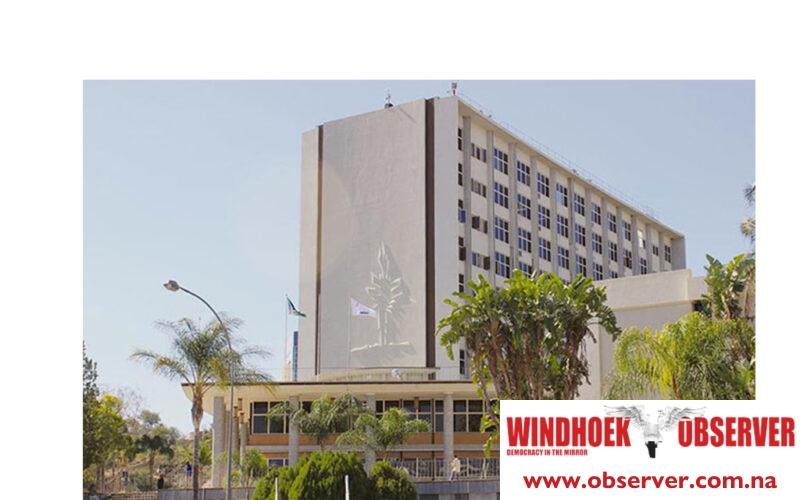Hertta-Maria Amutenja
The Namibian Competition Commission (NaCC) has issued a final notice to the City of Windhoek (CoW) regarding complaints from residents and pending information submissions.
This is following a meeting with the Katutura Residents Committee (KRC) on 12 July.
The KRC had earlier lodged complaints against the CoW’s conduct, especially around pricing issues.
The commission acknowledged the complaints and noted that, despite a prior commitment to provide an update earlier in May, they are awaiting a submission from CoW.
“The City of Windhoek has been availed a final opportunity to submit the information requested in order to assist the commission in determining an appropriate way forward,” said NCC chief executive officer Vitalis Ndalikokule.
Ndalikokule warned that failure by the CoW to submit the required information would compel the commission to exercise its powers.
“Whether the CoW responds or not, the commission undertakes to provide an update to the committee at the latest on the 23 August,” he said.
Ndalikokule stated that in October 2023, they launched an ongoing investigation into municipalities’ debt collection methods.
This entails investigating whether external consultants handle the debt collection process and the appointment process.
“The purpose of the aforesaid information requests is to ultimately determine whether there is prevention or substantial lessening of competition in the relevant market, which will determine whether there is a basis for the Commission to initiate an investigation or not. This exercise is not a formal investigation but rather a screening that precedes an investigation,” said Ndalikokule.
CoW spokesperson Lydia Amutenya confirmed that the city received the notice.
“Yes, I would like to confirm that the City of Windhoek has received a letter from the Namibia Competition Commission addressed to our Chief Executive Officer, enquiring about our debt collection procurement procedures,” said Amutenya.
The Electricity Control Board (ECB) issued a public notice regarding the blocking of prepaid electricity meters due to outstanding municipal accounts, such as water or rates and taxes.
“Such actions are not permitted in accordance with the provisions outlined in the Electricity Act and associated regulations,” read the notice.
The ECB emphasised that the Electricity Act does not permit the discontinuation of electricity supply due to outstanding debt for non-electricity-related services.
“Any efforts and/or activities, including any procedural and/or operational policies of local authorities relating to the provision of electricity, must comply with the Electricity Act,” the notice read.
KCR’s letter to the commission outlined several issues, including the city’s pricing.
“In the greater interest of the public, the municipality provides services to the residents of Windhoek. However, there are no checks and balances, and there is also no competition for their services, leading to high prices,” stated the committee.
The committee highlighted concerns over the management of electricity and water services. They noted that while the Electricity Control Board (ECB) regulates electricity charges, there is no similar regulator for water.
“If the city needs additional revenue, they just add it to your bill through estimation without explaining,” the committee argued. Article 34(1)(C) of the Local Authorities Act 23 of 2003 requires councils to provide water meters, but the committee claimed the City of Windhoek forces pensioners and residents to buy meters, which they called “double charging.” Misleading pensioners into a five-year pay-off agreement is shameful chicanery and daylight robbery,” they added.
The committee called for NCC’s intervention in the city’s pricing, citing a debt relief plan they believe to be misleading and inequitable.
“The city has been driven into bankruptcy and cannot afford the prepaid metres themselves. They are forcing the pensioners and the poor to sign up for sales contracts for the metres.”




